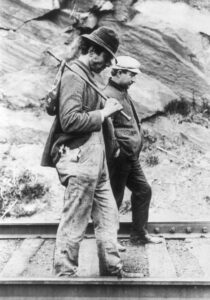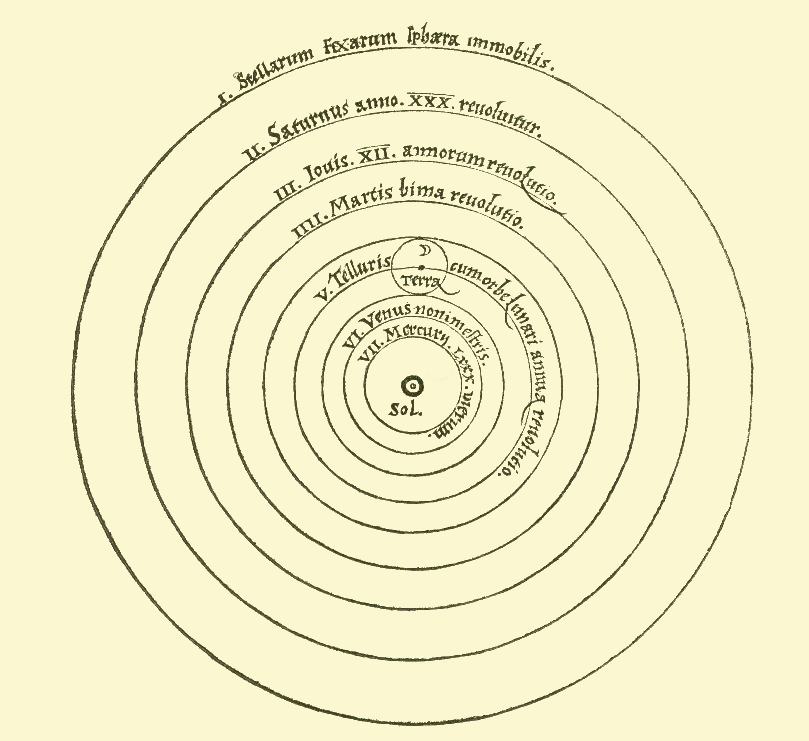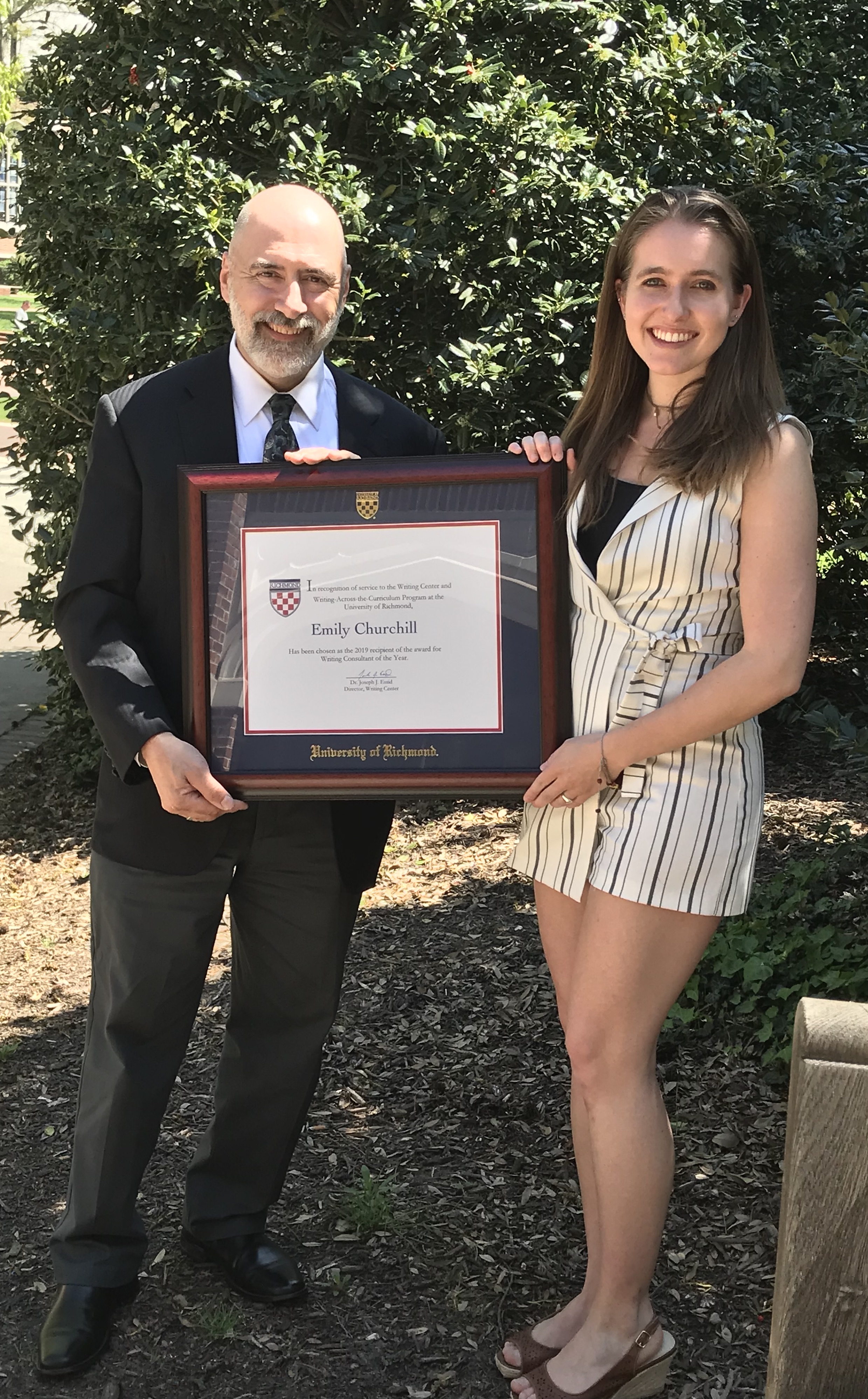 To be honest, this is our metaphor of the year. It was Oxford’s a year ago.
To be honest, this is our metaphor of the year. It was Oxford’s a year ago.
Given my research on generative AI, I should have seen this metaphor coming long ago. Henry David Thoreau, quoted by Oxford University Press, noted in 1854, “While England endeavours to cure the potato rot, will not any endeavour to cure the brain-rot – which prevails so much more widely and fatally?”
Today Oxford defines it as “the supposed deterioration of a person’s mental or intellectual state, especially viewed as the result of overconsumption of material (now particularly online content) considered to be trivial or unchallenging.” Thoreau’s peers with brain rot must have spent all day reading trivial books and newspapers.
Nowadays I’m seeing brain rot in my laziest and most harried/distracted students who depend upon AI to do the thinking for them. They cannot remember what they have done for earlier assignments, cannot connect parts of the coursework, and they will not check the names of sources or veracity of direct quotations in works I know well.
By the way, Oxford’s word for 2025 is a phrase, rage bait.
Evidence of brain-rot proves to be rage bait for me, though I reply in a civil manner with “this is not in our source” or “this is not the source’s claim” or “this is not the source’s name.” I give the writer an F and let them revise, but I only average the grades. There are no free lunches in the working world, and there should not be in college, either. As I tell these students “if you cannot add value to an AI’s output on the job, you will be unemployed.”
That’s my fear for them. May I be wrong, and may 2026 be less full of rage and more mentally uplifting for us all. May your brains never rot or even hurt. Mister Gumby and I will you again here in the new year.
Mister Gumby and I will you again here in the new year.
Send words and metaphors my way by e-mailing me (jessid -at- richmond -dot- edu) or leaving a comment below. Want to write a guest entry? Let me know!
See all of our Metaphors of the Month here and Words of the Week here.
images: Steampunk brain, Creative-Commons image via freepix. Monty Python screen cap.











